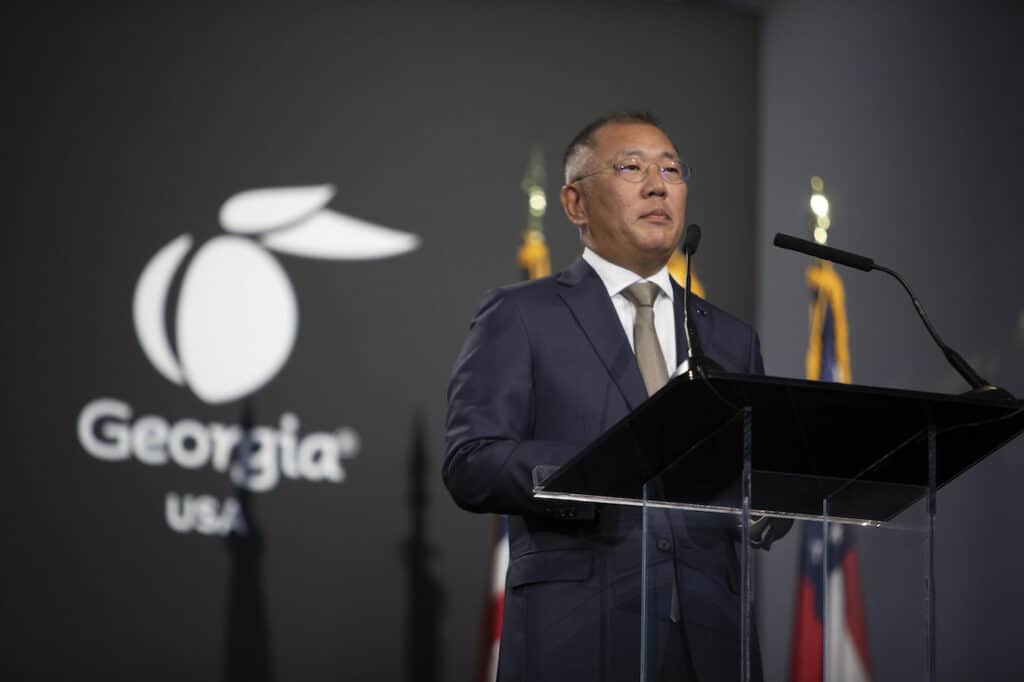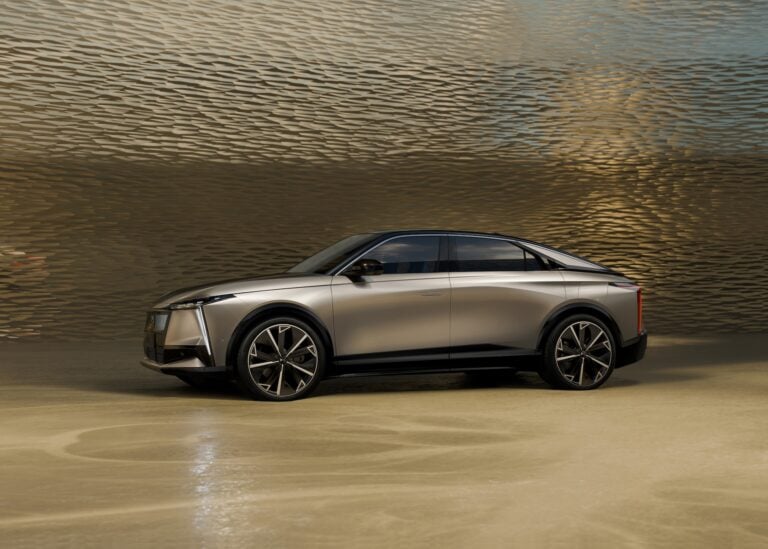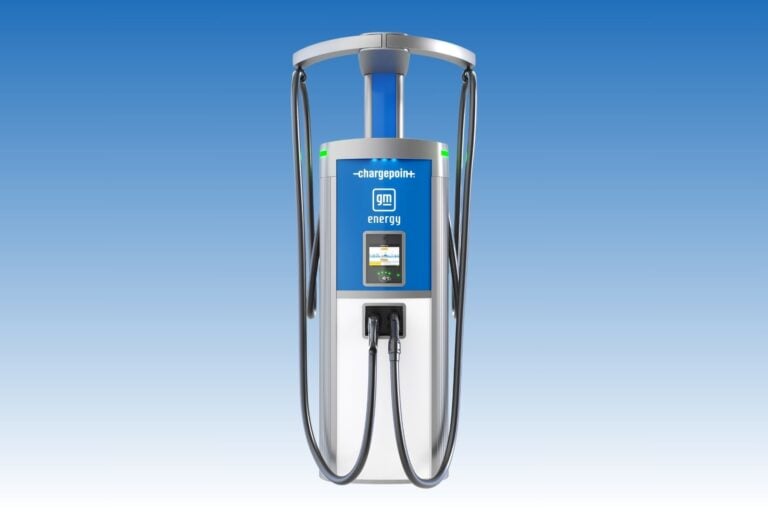HMG to become a leader of electrified mobility solutions with investment
SEOUL, South Korea and BRYAN COUNTY, Ga. – Hyundai Motor Group Executive Chair Euisun Chung, along with Governor Brian P. Kemp, and company officials, and state and local leaders, officially broke ground on Hyundai Motor Group Metaplant America (HMGMA) LLC’s new manufacturing plant at the Bryan County Mega site. The celebration included a morning groundbreaking on site, followed by a future technology expo at Enmarket Arena in Savannah, where the company highlighted “advanced technology and extraordinary human achievement” with a wide array of exhibits for hundreds of attendees from the community in attendance.
The $5.54 billion investment by the company and its affiliate suppliers was announced five months ago and includes plans to produce a diverse range of innovative Hyundai, Genesis and Kia electric vehicles and a new battery manufacturing facility. HMGMA will create more than 8,100 jobs over the next few years as the company aims to establish a stable supply chain for EV battery and other EV components in the U.S. market. HMGMA’s new smart factory is expected to begin commercial production in the first half of 2025.
“Hyundai and the people of Georgia share many qualities: respect for our histories, ingenuity, creativity, and determination to make the world better for the next generation,” said Hyundai Motor Group Executive Chair Euisun Chung. “Today, our EVs are recognized as best in class, and with this partnership, we are determined to be the global leader in electrification, safety, quality, and sustainability. With the Hyundai Motor Group Metaplant America, we will continue to evolve beyond an automaker to the world’s leading mobility solutions provider.”

“With more Georgians working than ever before, record jobs and investment coming to all parts of our state, and award-winning workforce development programs and infrastructure, the Peach State’s economy is reaching new heights,” said Governor Brian Kemp. “Our partnership with Hyundai Motor Group and the groundbreaking of this innovative facility exemplifies that unprecedented success. With a long-term commitment to improving lives and livelihoods, we look forward to continuing this partnership and seeing its impact on both this community and our state as a whole.”
Hyundai Motor Group to Lead U.S. Electrified Mobility Industry
Hyundai Motor Group will be a leader in the U.S. auto market’s EV transition with the new facility. The Group is accelerating its electrification efforts with the global target to sell 3.23 million full electric vehicles annually by 2030. To realize this goal, the Group plans to establish a global EV production network that will ensure a stable supply of EVs around the globe.
With the additional EV and battery production capabilities in the U.S., the Group aims to maintain its position as one of the top three EV providers in the U.S. The Group plans to lead the EV market not just in sales, but also in terms of design, technologies, and mobility solutions optimized for the electric mobility era. The investment is in line with the U.S. government’s roadmap to accelerate electrification, as global OEMs are announcing plans to expand their local EV production in the U.S. Last year, the U.S. government announced a new initiative under which sales of zero-emission vehicles should account for at least half of OEM’s new vehicle sales by 2030.
Showcasing the Future of Group’s Smart Manufacturing: Intelligent, Sustainable and Data-driven
The new plant will boast a highly connected, automated, and flexible manufacturing system, which organically connects all elements of the EV ecosystem to realize customer value. The Georgia facility will become an intelligent manufacturing plant. All processes of production—order collection, procurement, logistics and production—will be optimized utilizing AI and data. The innovative manufacturing system will also help create a human-centered work environment with robots assisting human workers.
As part of the Group’s commitment to sustainability, the plant will primarily rely on renewable energy sources to power the facility and use emission-reduction technologies to meet the RE100 requirements.








